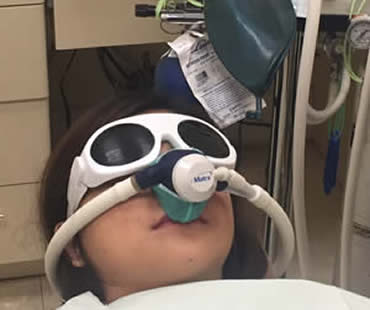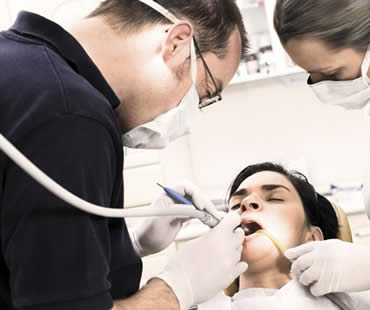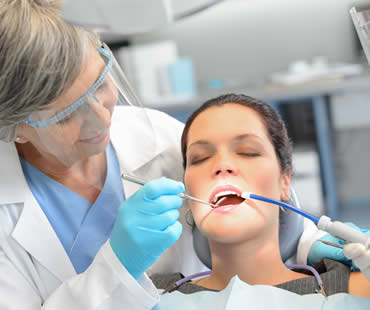Many people suffer from dental fear and anxiety to the point that they avoid even routine dental checkups and cleanings. Unfortunately, ignoring your oral healthcare can have dire consequences, affecting not only your dental health but your overall general health as well. If you are nervous and fearful of dental visits, you may be interested to learn about the benefits of sedation dentistry.
Sedation dentistry is a safe and commonly utilized option for dental patients to help them relax and undergo dental procedures without fear or apprehension. Your sedation dentist can offer a variety of sedation choices, and will likely suggest the option they feel best suits your needs.
Conscious sedation allows you to remain fully awake and able to respond to commands while enjoying a comfortable and relaxed state. Some of the options for conscious sedation include:
- Nitrous oxide, or “laughing gas”, leaves you feeling relaxed but responsive during dental procedures.
- Oral sedatives can be taken about an hour before dental treatment and provide their calming effects before and during your dental appointment.
- Intravenous sedation is administered through an IV and takes effect faster than oral medication. Your level of IV sedation is carefully monitored by your dentist and can be adjusted as needed.
Dental sedation allows you to undergo procedures as routine as a regular cleaning to more involved treatments like root canal therapy without anxiety and fear. You will remain awake but relaxed, and have little or no memory of your procedure. Consult with Weymouth sedation dentist Dr. Moghaddam to find out more about how sedation dentistry can ease your fear of the dental chair and allow you to get the dental care you need.
Our dental office is located in Weymouth













